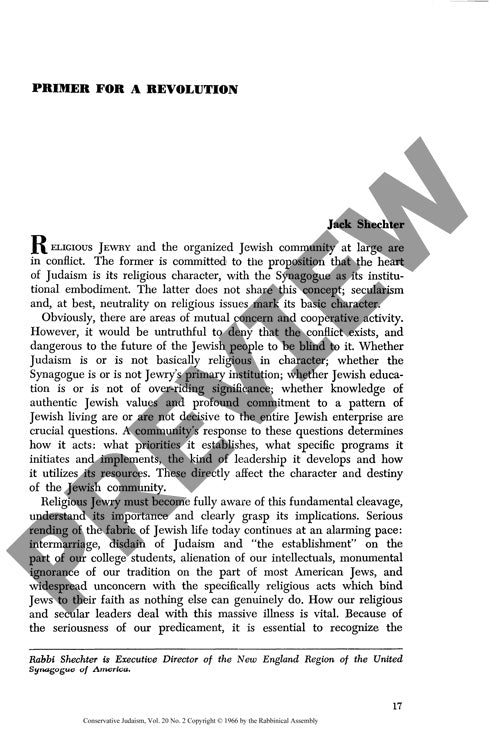Primer for a Revolution
Couldn't load pickup availability
Religious institutions possess untapped power to reshape American Jewish communal life, yet secular organizations continue to dominate while relying heavily on synagogue support. Through case studies of Conservative movement initiatives in 1960s New England, this research reveals how organized religious advocacy successfully challenged the marginalization of religious voices in community governance. The analysis examines three spheres of intervention: educational programs highlighting religious institutions' centrality, strategic placement of synagogue representatives on community relations councils, and grassroots mobilization to influence Federation funding priorities. When synagogue leaders organized strategically and activated their membership base, they effectively contested established secular priorities and gained increased representation in institutional decision-making. The findings demonstrate that religious Jewry can translate theoretical influence into practical change through coordinated action. A comprehensive national strategy of synagogue engagement in communal affairs emerges as essential for preserving Judaism's religious character and ensuring institutional vitality in American Jewish life.

More Information
-
Physical Description
-
Publication Information
Published 1966
ISBN
-
Publication Credits
Jack Shechter

